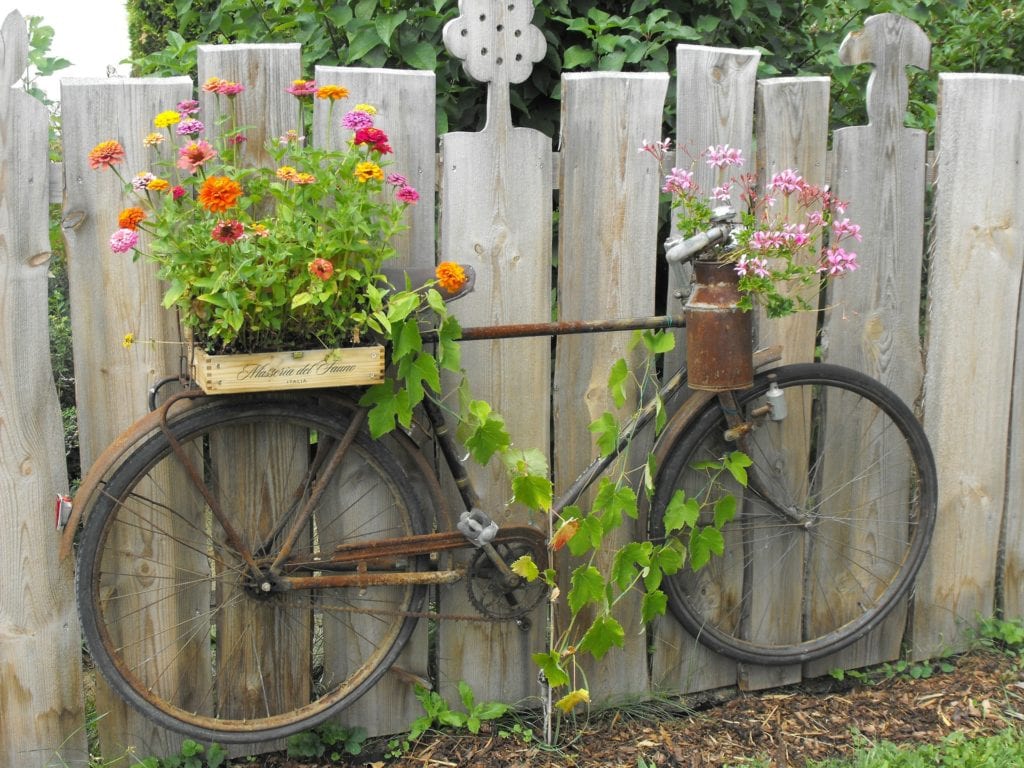What to Do With Your Magnet Fishing Finds
Magnet fishing is an exhilarating activity that often yields an array of fascinating finds, from old tools to historical relics. After the thrill of the catch, you might wonder, “What should I do with these treasures?” Whether you’re a seasoned magnet fisher or a curious newcomer, here’s a guide on how to repurpose, recycle, or safely dispose of your magnet fishing discoveries.
1. Repurpose Your Finds
Many items pulled from the depths can be given a new lease on life with a bit of creativity:
-
DIY Projects: Old tools and metal parts can be transformed into unique DIY projects. From garden sculptures to homemade furniture, the possibilities are endless. For example, a rusted wrench can become a stylish coat rack, or an old metal wheel can be turned into a garden ornament.
-
Home Décor: Consider using your finds as decorative elements in your home. Antique items like old keys or metal tags can make for intriguing wall art or display pieces. Vintage tools and machinery parts can also be used as conversation starters in your living space.
-
Functional Uses: Some finds can be repurposed for practical uses. Old bolts and screws can be stored for future repair projects, while metal containers or boxes can be used for storage. Just make sure to clean and inspect the items before using them.

2. Recycle Metal Finds
Recycling is a responsible way to handle metal objects that may not have a new use:
-
Metal Recycling Centres: Many metals can be recycled to reduce environmental impact. Find a local metal recycling centre that accepts scrap metal. Before recycling, clean the metal items to remove any non-metal components, such as plastic or wood.
-
Community Recycling Programs: Some communities have specific recycling programs for scrap metal. Check with your local council or waste management services to see if they offer metal recycling services or special collection events.
-
Donate to Artisans: Artists and craftsmen often seek metal scraps for their projects. Consider donating your finds to local artists or craft groups who can put the materials to creative use.
3. Safely Dispose of Non-Recyclable Items
For items that can’t be repurposed or recycled, proper disposal is essential:
-
Hazardous Materials: Some finds, especially those that may contain chemicals or are coated with toxic substances, require special handling. Contact your local waste management authority to find out how to dispose of hazardous materials safely.
-
Rusty or Broken Items: If the items are too rusted or broken to be safely handled or used, dispose of them according to your local waste management guidelines. Many councils offer special collection services for large or bulky items.
-
Non-Metallic Components: For items that include non-metal parts, like old electronics or machinery, separate the metal components from the non-metal ones before disposal. Follow your local guidelines for disposing of electronic waste or other specific materials.
4. Preserve Historical Relics
If you uncover historical or valuable relics, consider preserving and sharing them:
-
Research and Documentation: Identify and research the historical significance of your finds. Documenting their history can add value and interest. Use online resources or consult local historians or museums for more information.
-
Local Museums or Historical Societies: Donate or loan significant finds to local museums or historical societies. These institutions often appreciate contributions that enrich their collections and provide historical context.
-
Personal Collection: If you prefer to keep your finds, create a personal display or collection. Ensure proper storage to prevent further deterioration, and consider displaying your finds in a manner that protects them from the elements.

5. Share Your Finds with the Community
-
Online Forums and Groups: Share your discoveries with other magnet fishing enthusiasts through online forums or social media groups. You can exchange stories, get advice on handling finds, and connect with others who share your passion.
-
Local Clubs and Meetups: Join or attend local magnet fishing clubs or meetups. These gatherings can be a great opportunity to showcase your finds, discuss techniques, and learn from fellow adventurers.
Ready to make the most of your magnet fishing treasures? From repurposing and recycling to preserving historical relics, there are many ways to give your finds a new purpose. Dive into these ideas and get inspired to turn your magnet fishing discoveries into something special.
Explore the full range of possibilities for your finds and start making the most of every catch!

